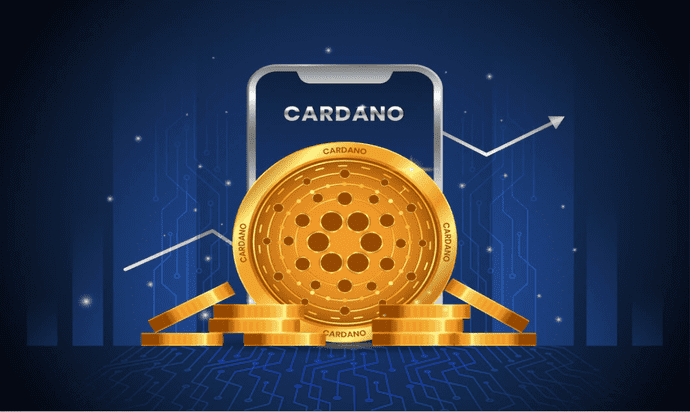Crypto Glossary
Fork
Decentralized, open-source software, such as a blockchain, is the underlying power that drives cryptocurrencies like Bitcoin and Ethereum – to name a few. When a community modifies the blockchain’s protocol, such as changing the rules, a fork happens.
What is a blockchain fork?
In essence, a blockchain fork is a break in the blockchain network. The network is built on open-source software, and the source code is accessible for use. This implies that anybody may suggest changes and modify the code. The ability to experiment with open-source software is a critical component of cryptocurrencies and also allows blockchain software upgrades.
When the software of various miners becomes out of sync, forks occur. It is up to miners to determine which blockchain to use going forward. If no unanimous conclusion is reached, this might result in the establishment of two distinct blockchain versions. There may be periods of greater price volatility in the immediate aftermath of such occurrences.
How do forks work?
Forks work by altering the blockchain’s software protocol. They are frequently linked to the generation of new tokens. The primary method of generating new coins is from scratch. Alternatively, to create a new cryptocurrency blockchain by ‘forking’ the old one.
The most frequent technique is to create fresh tokens from scratch. This approach entails copying and pasting existing code into a new token, which is then updated and launched. The network must be rebuilt from the ground up, and users must be encouraged to use the new money. A good example of this is Litecoin, which began as a bitcoin clone. The creators modified the code, the public accepted it, and it has since become a popular cryptocurrency.
A second possibility is to fork the existing blockchain. Rather than beginning from scratch, this technique modifies the current blockchain. In this situation, as the network divides, two copies of the blockchain are generated. A case in point is the production of bitcoin cash. Divergent views on bitcoin’s future led to the development of a new cryptocurrency (bitcoin cash) from the original (bitcoin).
Why are forks important?
Sooner or later, all software has to be updated, and blockchains are just like that. Forks occur on the blockchain to make it more functional, reduce the possibility of security issues, and come to a compromise among the community regarding the future of the cryptocurrency.
The majority of digital currencies have separate development teams that carry out network modifications and enhancements, much to how online surfing continually improves over time as updates are made to the internet protocol. This has happened on rare occasions with forks in which a fork makes a coin more secure or introduces additional features. Although new cryptocurrencies can be created through a fork, a completely new coin and ecosystem may also be built.

